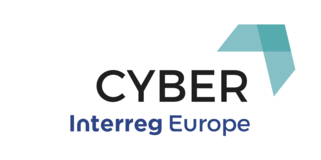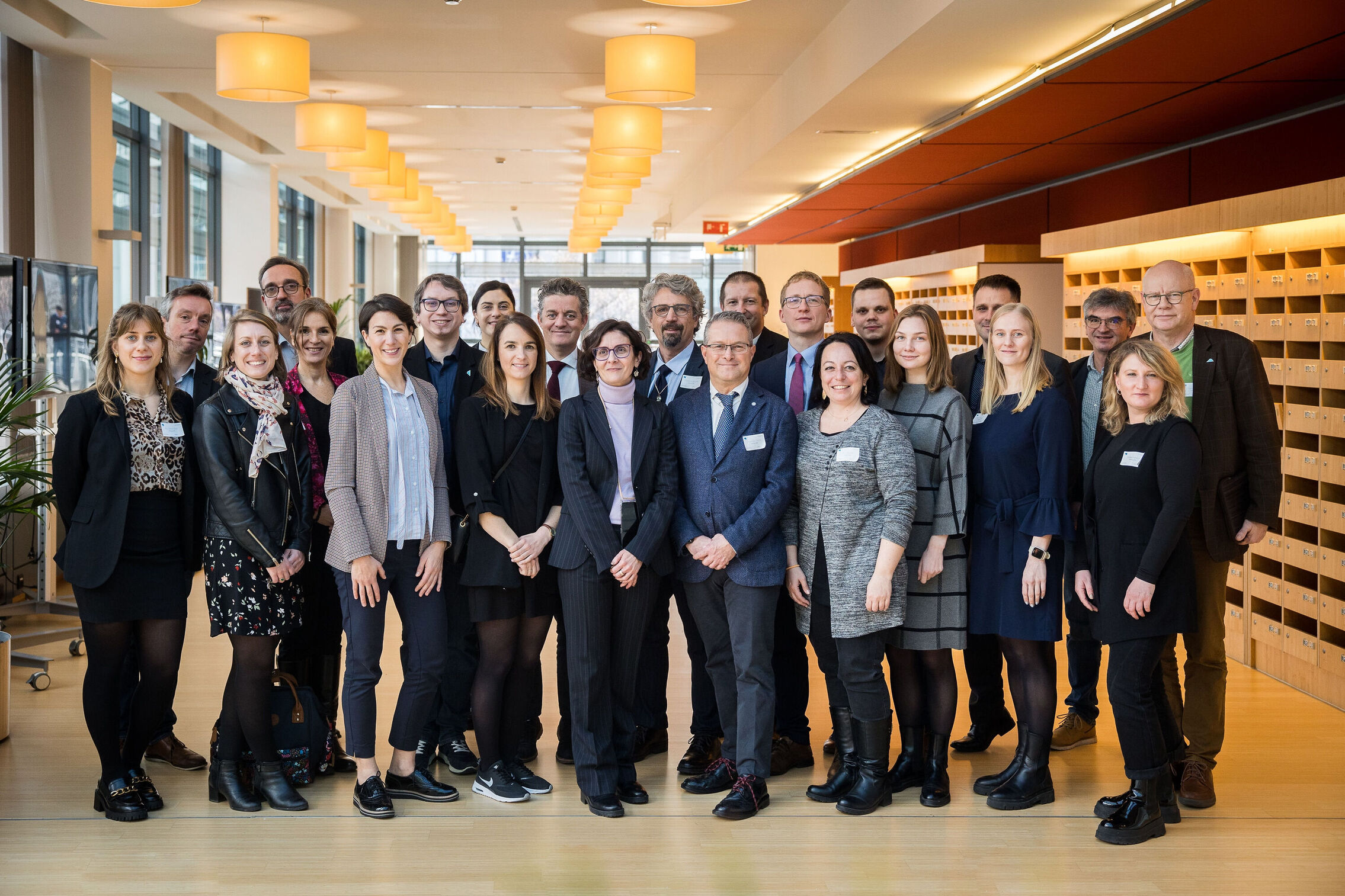Regions are uniquely positioned to raise the global level of cybersecurity thanks to a privileged connection with their local environments. Hence, they play a fundamental role in structuring the still ‘young’ European cybersecurity ecosystem. The EU already has many territories, or so-called ‘Cybersecurity Smart Regions’ , hosting mature regional ecosystems that foster innovation and deliver cutting-edge technologies.
The European Regional Development Fund has invested EUR 1.53 million in a five-year interregional cooperation programme entitled Interreg Europe CYBER. It aims to boost the competitiveness of EU cybersecurity SMEs by creating synergies among European Cybersecurity Smart Regions.
Three major barriers have been identified that are hindering interregional cooperation among EU regional cybersecurity ecosystems: a lack of coordination between relevant actors, a cybersecurity skills gap, and market fragmentation. CYBER aims to improve the sharing of good practices and public policies, while strengthening local cybersecurity ecosystems.
The Bretagne Development Innovation agency is the leading partner in CYBER. The project involves seven European regional partners, including the Institute for Business Competitiveness of Castilla y León (Spain), Tuscan Region (Italy), Digital Wallonia (Belgium), Brittany Region (France), Kosice IT Valley (Slovakia), Chamber of Commerce and Industry of Slovenia (Slovenia) and Estonian Information System Authority (Estonia).
As an advisory partner, the European Cyber Security Organisation (ECSO) brings to the project its expertise on regional cybersecurity industrial policies, acquired in its Working Group 4 focusing on ‘support to SMEs and regional cooperation.
Enhancing public policies for SMEs Interreg Europe CYBER methodology includes a common and market-driven taxonomy to develop a structured mapping of regional cyber innovative ecosystems. It comprises cybersecurity providers, end-users, support structures, training organisations and research institutes.
The project also aims to understand the inclusion of local players in the design and implementation of local cybersecurity strategies. To identify good practices and policy needs, project partners exchange information through tailored questionnaires and a high-level strategic planning model (SWOT analysis).
While already contributing to the development of the EU’s digital single market, CYBER’s long-term goal is to significantly reduce cybersecurity market fragmentation in Europe by increasing interregional cooperation across European Cybersecurity Smart Regions.
Danilo D’Elia, Senior Policy Manager, & Ana-Isabel Llacayo, Policy Manager at the European Cyber Security Organisation (ECSO)
This Article was originally published on 19 December 2019 by Panorama Magazine, DG REGIO, European Commission, accessible here












